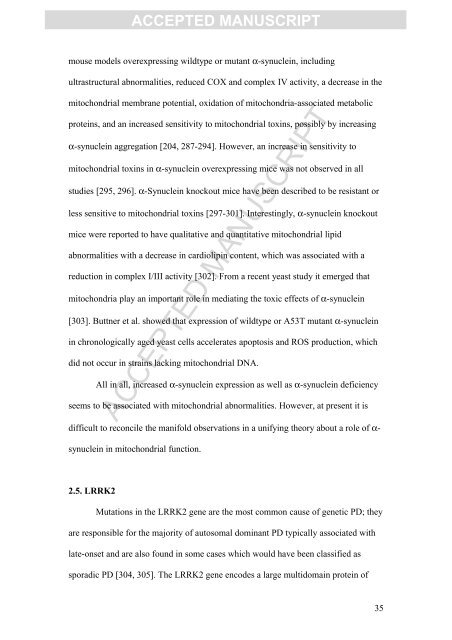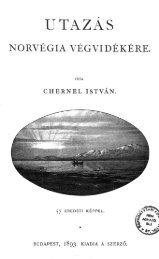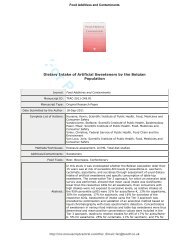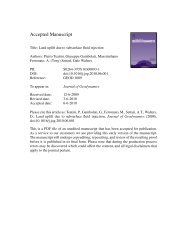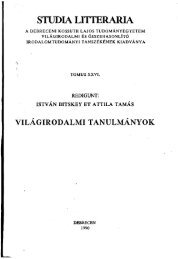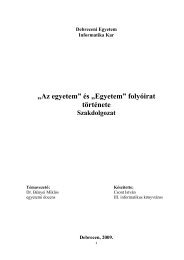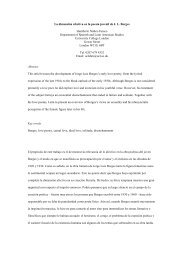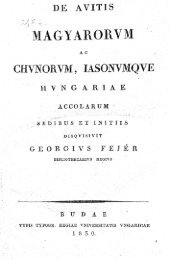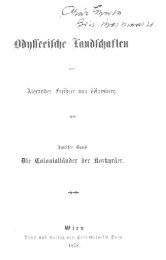accepted manuscript
accepted manuscript
accepted manuscript
You also want an ePaper? Increase the reach of your titles
YUMPU automatically turns print PDFs into web optimized ePapers that Google loves.
ACCEPTED MANUSCRIPT<br />
mouse models overexpressing wildtype or mutant α-synuclein, including<br />
ultrastructural abnormalities, reduced COX and complex IV activity, a decrease in the<br />
mitochondrial membrane potential, oxidation of mitochondria-associated metabolic<br />
proteins, and an increased sensitivity to mitochondrial toxins, possibly by increasing<br />
α-synuclein aggregation [204, 287-294]. However, an increase in sensitivity to<br />
mitochondrial toxins in α-synuclein overexpressing mice was not observed in all<br />
studies [295, 296]. α-Synuclein knockout mice have been described to be resistant or<br />
less sensitive to mitochondrial toxins [297-301]. Interestingly, α-synuclein knockout<br />
mice were reported to have qualitative and quantitative mitochondrial lipid<br />
abnormalities with a decrease in cardiolipin content, which was associated with a<br />
reduction in complex I/III activity [302]. From a recent yeast study it emerged that<br />
mitochondria play an important role in mediating the toxic effects of α-synuclein<br />
[303]. Buttner et al. showed that expression of wildtype or A53T mutant α-synuclein<br />
in chronologically aged yeast cells accelerates apoptosis and ROS production, which<br />
did not occur in strains lacking mitochondrial DNA.<br />
All in all, increased α-synuclein expression as well as α-synuclein deficiency<br />
seems to be associated with mitochondrial abnormalities. However, at present it is<br />
ACCEPTED MANUSCRIPT<br />
difficult to reconcile the manifold observations in a unifying theory about a role of α-<br />
synuclein in mitochondrial function.<br />
2.5. LRRK2<br />
Mutations in the LRRK2 gene are the most common cause of genetic PD; they<br />
are responsible for the majority of autosomal dominant PD typically associated with<br />
late-onset and are also found in some cases which would have been classified as<br />
sporadic PD [304, 305]. The LRRK2 gene encodes a large multidomain protein of<br />
35


